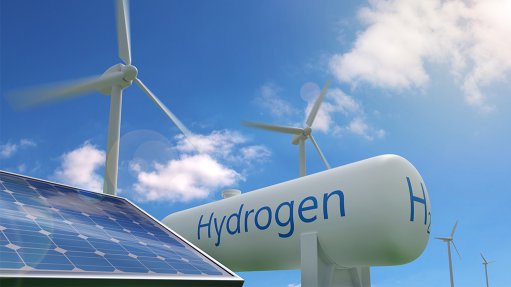Consistent pipeline all that is needed to resuscitate SA construction

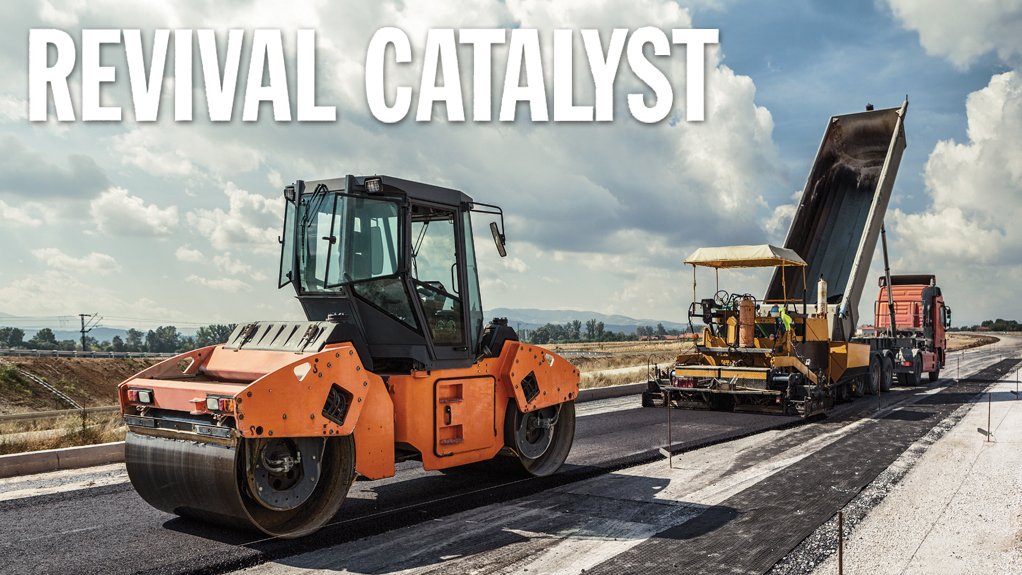
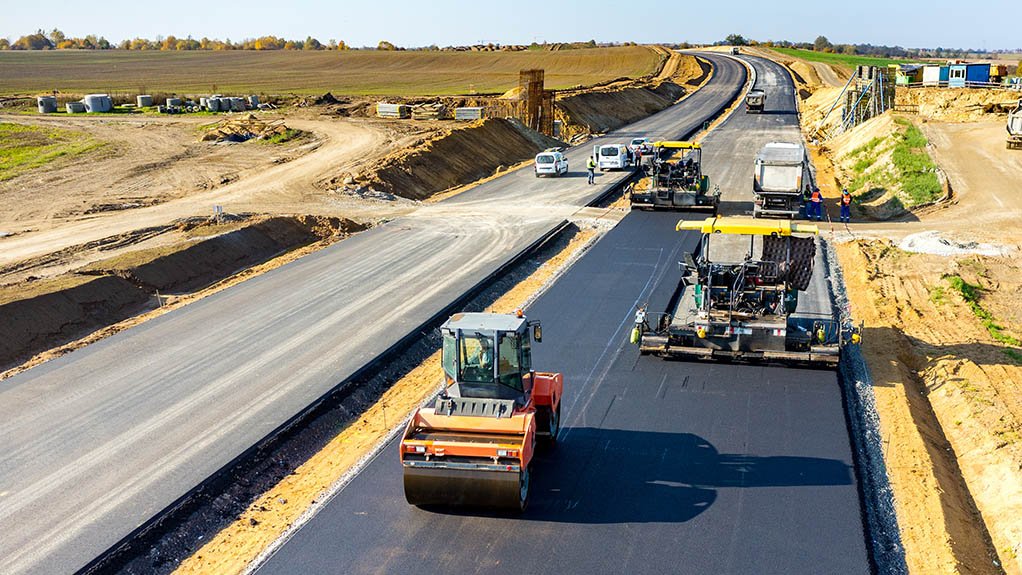
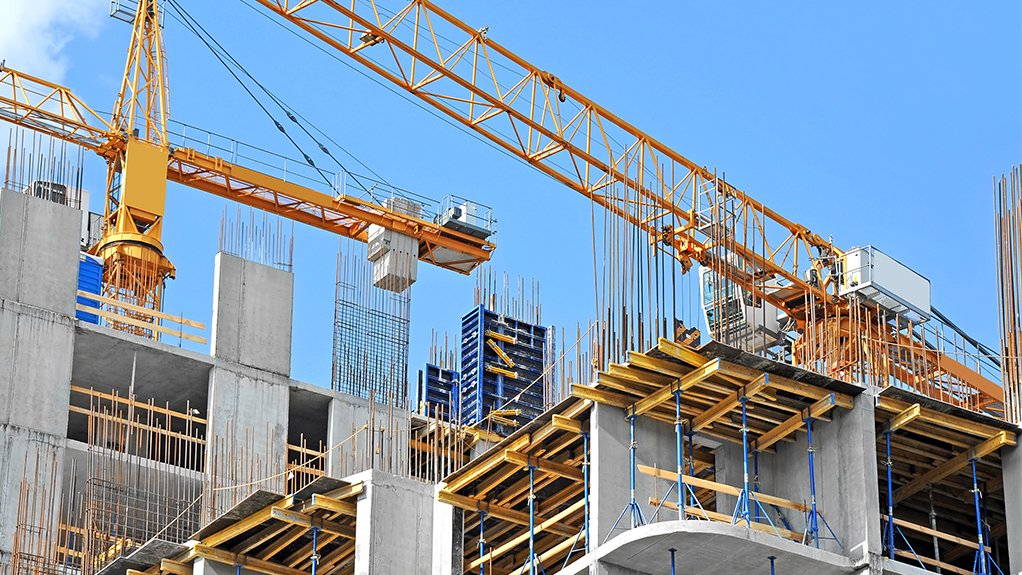


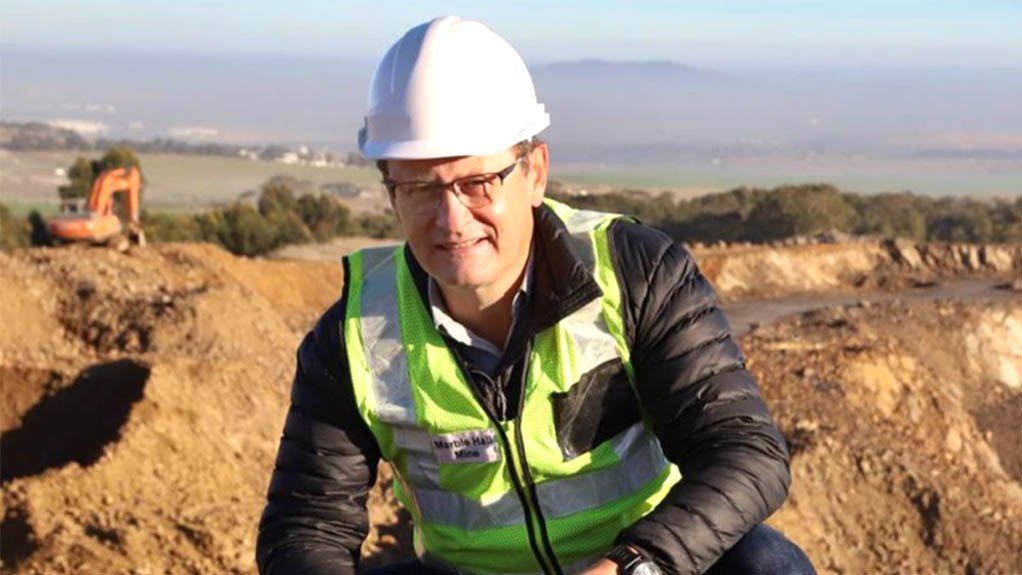


ECONOMIC INFRASTRUCTURE Rail, road, water and electricity networks are fundamental assets for an economy
ECONOMIC STIMULANT Infrastructure development can serve as a catalyst for employment in the short term and every job created broadens the tax base and helps to address the host of problems South Africa faces
CHRIS CAMPBELL Undervaluing engineering services in this process will place infrastructure investments at risk
CHRIS CAMPBELL Undervaluing engineering services in this process will place infrastructure investments at risk
ANDRIES VAN HEERDEN Access to infrastructure, and hence the development of new infrastructure, stimulates economic growth
DAVIN GILES Established and accountable contractors and companies in the sector work with smaller companies and thereby help to ensure infrastructure projects meet the required specifications, quality assurance and performance targets
ROELOF BOTHA Infrastructure that is well maintained over its lifetime has a multiplier effect on economic output
A consistent and predictable pipeline of construction and infrastructure development projects, which must be underpinned by political support and leadership, is all that is necessary to accelerate construction and development in South Africa.
Once there is sufficient clarity on projects, the construction industry can respond by investing in equipment and capacity at a suitable scale.
The use of this capacity will be sustained in subsequent projects, and in the establishment of smaller enterprises by experienced professionals in the sector that will serve on public and private projects, says mining and material supply company Afrimat Construction Materials COO Davin Giles.
When large companies in the sector, such as Afrimat, work on projects, their own base of learners and interns naturally increases. Some of these learners and interns remain in Afrimat, but others move out and start their own businesses, armed with skills and industry knowledge.
Afrimat has consistently seen this over the years, and some of these companies become particularly successful and thereby continue bringing in more people into the sector, including into specialised construction services, he tells Engineering News & Mining Weekly.
Large companies in the construction sector also support this process by sharing expertise with and providing guidance and assistance to smaller companies.
“We work with established and accountable contractors and companies in the sector. Companies such as these with unquestionable integrity then bring smaller and/or younger companies on to projects, and this is how we can start and sustain infrastructure projects while meeting the required specifications, quality assurance and performance targets,” he says.
Project managers must, however, ensure that these standards and specifications are met to ensure that the country gets the product it paid for, he adds.
To ensure that the country gets value for money invested, projects that are started must be completed, which requires that role-players in the ecosystem are skilled and capacitated, says industry association South African Institution of Civil Engineering VP Werner Jerling.
“The ecosystem that is the construction sector must be healthy and function properly to provide good value for the citizens of South Africa by building infrastructure that operates productively at the correct price point,” he adds.
Another key challenge facing effective project roll-out and development continuity is if projects’ costs increase significantly beyond the initial tender bid amount.
“The same amount of construction materials is used, even if there is a disproportional increase in the amount of money spent on a project. The project’s viability is also calculated on the initial costs. If costs increase disproportionately, the project may no longer be viable and lead to abandoned projects and waste.
“To ensure the effective roll-out of projects, we need skilled and qualified project managers who know what needs to be done, and have a determined and hard-nosed focus on delivery of projects,” he says.
To ensure that infrastructure is suitable, feasible and reliable, and that its development effectively addresses challenges through integrated operations, proper engineering must be applied across the entire process from project identification and design to implementation, operation and maintenance, says industry association Consulting Engineers South Africa CEO Chris Campbell.
“Infrastructure development is not just about building a road or pipeline between two places. We need to consider various options from the onset, such as routing, local and regional needs, and then next steps, among others.”
Detailed engineering work must identify various options and then narrow them down to the best solutions based on short- and long-term needs. This ensures that projects are viable, affordable and sustainable within the constraints of delivering them.
“Infrastructure development is not an off-the-shelf consumable, but an investment for the next 20 or 40 years. If maintained well, these systems can last long after they have been paid off. However, undervaluing engineering services in this process will place infrastructure investments at risk,” Campbell emphasises.
However, the construction sector must have the discipline to learn from successes and failures of past projects, and to understand what is needed to take development forward, adds Jerling.
“We face challenges and we need to acknowledge and start working on them. Contractors, people in the profession and materials suppliers in the ecosystem need to have enough faith in long-term prospects to invest. Private firms’ shareholders, whether owners or investors, need to invest in people, materials, equipment and technology.”
Project performance reviews enable lessons to be drawn from past projects by identifying missed opportunities and devise improved execution models and methods.
“Opportunities such as infrastructure development projects must be used to strengthen the domestic ecosystem. A strong domestic construction sector is of key value and benefit for development,” says Jerling.
Development Dividends
Infrastructure meets basic, fundamental needs of communities and the country. Construction of water, sewerage, roads, rail and ports is one of the biggest drivers of economic growth and, if given sufficient scale, infrastructure development can absorb significant amounts of people, from those with basic skills to highly skilled people, Giles says.
“Projects create the need for and give people jobs within the sector so that they can complete projects that stimulate economic growth over the long term, and the growing economy provides jobs for people. We must not lose focus of this fact,” adds Jerling.
“The construction ecosystem has sufficient skills and a strong core of competent professionals in the country, all of whom are ready, willing and waiting to take up opportunities if they come through,” he emphasises.
The availability of, and access to, infrastructure, and hence the development of new infrastructure, stimulates economic growth. If South Africa builds and maintains appropriate infrastructure consistently, it will see economic growth, says Afrimat Group CEO Andries van Heerden.
“Government is responsible for rolling out infrastructure development and, if we can ensure this happens, we will see economic growth. This is our view [as Afrimat] because, where infrastructure development leads, commercial and residential building follows.
“Rail, road, water and electricity networks are such fundamental assets that, if we build them, business will use them. If we have good infrastructure, the economy will grow,” he notes.
The fiscal constraints the country faces are not the most significant barrier to building infrastructure. Rather, it is ensuring that implementing organisations, such as municipalities, have the required project management and engineering skills to implement projects, says investment and asset management company Optimum Investment Group economic adviser Dr Roelof Botha.
“Our government should adopt the Keynesian approach [which emphasises government intervention to stabilise an economy] because, with interest rates decreasing and economists predicting a rand:dollar exchange rate of below R18:$1, it will be able to borrow money at reasonable rates and can even negotiate concessional loans for infrastructure projects that particularly benefit the poor,” he says.
British economist John Maynard Keynes argued that inadequate overall demand in an economy could lead to prolonged periods of high unemployment. This is comparable to what has happened in South Africa.
The Keynesian model asserts that, because prices are somewhat rigid, fluctuations in any component of spending, such as consumption, investment or government expenditure, cause output to change.
If government spending increases, for example, and all other spending components remain constant, then output will increase.
The Keynesian model justifies government intervention through public policies that aim to achieve full employment and price stability, Botha adds.
Rather than seeing unbalanced government budgets as wrong, Keynes advocated that these act against the direction of the business cycle and reduce the amplitude of the cycle.
For example, deficit spending on labour-intensive infrastructure projects would stimulate employment and stabilise wages during economic downturns. Governments could raise taxes to cool the economy and prevent inflation when there is abundant demand-side growth, he explains.
“South Africa should not be overly concerned with public finances, and should borrow money as necessary to get things going. Every job created, whether in the formal or informal economy, broadens the tax base.
“Every job created also helps to address the host of problems South Africa faces, including poverty, inequality and unemployment. We can eliminate some of the problems if we can create enough jobs.”
Investment in infrastructure that is well maintained over its lifetime also has a multiplier effect on economic output, he emphasises.
Research conducted by Botha and economics researcher Keith Lockwood in 2005 into the contribution to South Africa’s GDP of road construction activity showed that every rand spent on road building had a multiplier effect on GDP of almost 1.27 times the initial outlay.
“Infrastructure development can serve as a catalyst for employment in the short term. Economic infrastructure like roads, rail and ports, sometimes called network infrastructure, has a spin-off benefit of growth in economic activity, such as trade and manufacturing,” notes Campbell.
“If undertaken with a view to future needs, the development of infrastructure can also catalyse the development of industries such as mineral beneficiation and advanced manufacturing built on the mining industries, thereby providing the jobs our country is seeking.
“However, while there is a focus on economic infrastructure in our national infrastructure plans, we cannot develop social infrastructure after economic infrastructure. We need to look at developing them concurrently to support the holistic development of our society,” he says.
Article Enquiry
Email Article
Save Article
Feedback
To advertise email advertising@creamermedia.co.za or click here
Press Office
Announcements
What's On
Subscribe to improve your user experience...
Option 1 (equivalent of R125 a month):
Receive a weekly copy of Creamer Media's Engineering News & Mining Weekly magazine
(print copy for those in South Africa and e-magazine for those outside of South Africa)
Receive daily email newsletters
Access to full search results
Access archive of magazine back copies
Access to Projects in Progress
Access to ONE Research Report of your choice in PDF format
Option 2 (equivalent of R375 a month):
All benefits from Option 1
PLUS
Access to Creamer Media's Research Channel Africa for ALL Research Reports, in PDF format, on various industrial and mining sectors
including Electricity; Water; Energy Transition; Hydrogen; Roads, Rail and Ports; Coal; Gold; Platinum; Battery Metals; etc.
Already a subscriber?
Forgotten your password?
Receive weekly copy of Creamer Media's Engineering News & Mining Weekly magazine (print copy for those in South Africa and e-magazine for those outside of South Africa)
➕
Recieve daily email newsletters
➕
Access to full search results
➕
Access archive of magazine back copies
➕
Access to Projects in Progress
➕
Access to ONE Research Report of your choice in PDF format
RESEARCH CHANNEL AFRICA
R4500 (equivalent of R375 a month)
SUBSCRIBEAll benefits from Option 1
➕
Access to Creamer Media's Research Channel Africa for ALL Research Reports on various industrial and mining sectors, in PDF format, including on:
Electricity
➕
Water
➕
Energy Transition
➕
Hydrogen
➕
Roads, Rail and Ports
➕
Coal
➕
Gold
➕
Platinum
➕
Battery Metals
➕
etc.
Receive all benefits from Option 1 or Option 2 delivered to numerous people at your company
➕
Multiple User names and Passwords for simultaneous log-ins
➕
Intranet integration access to all in your organisation


















